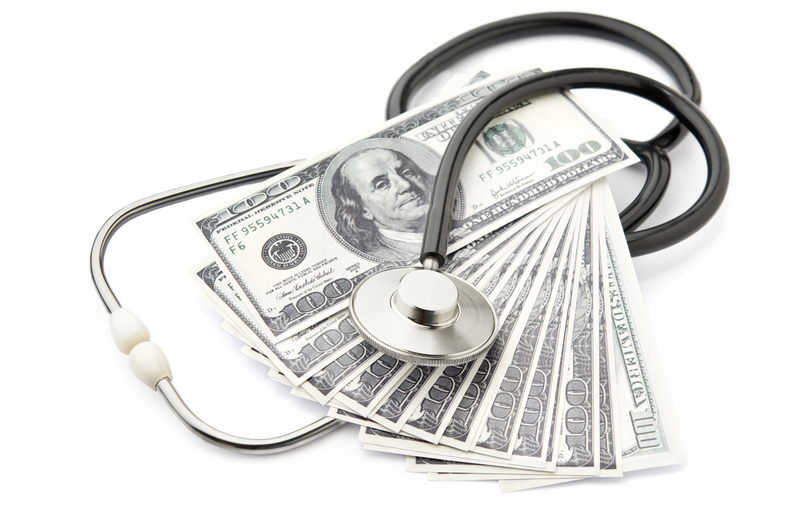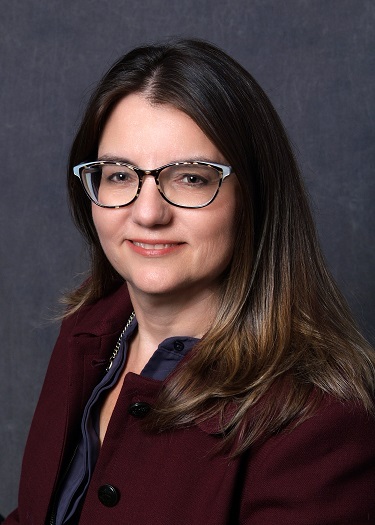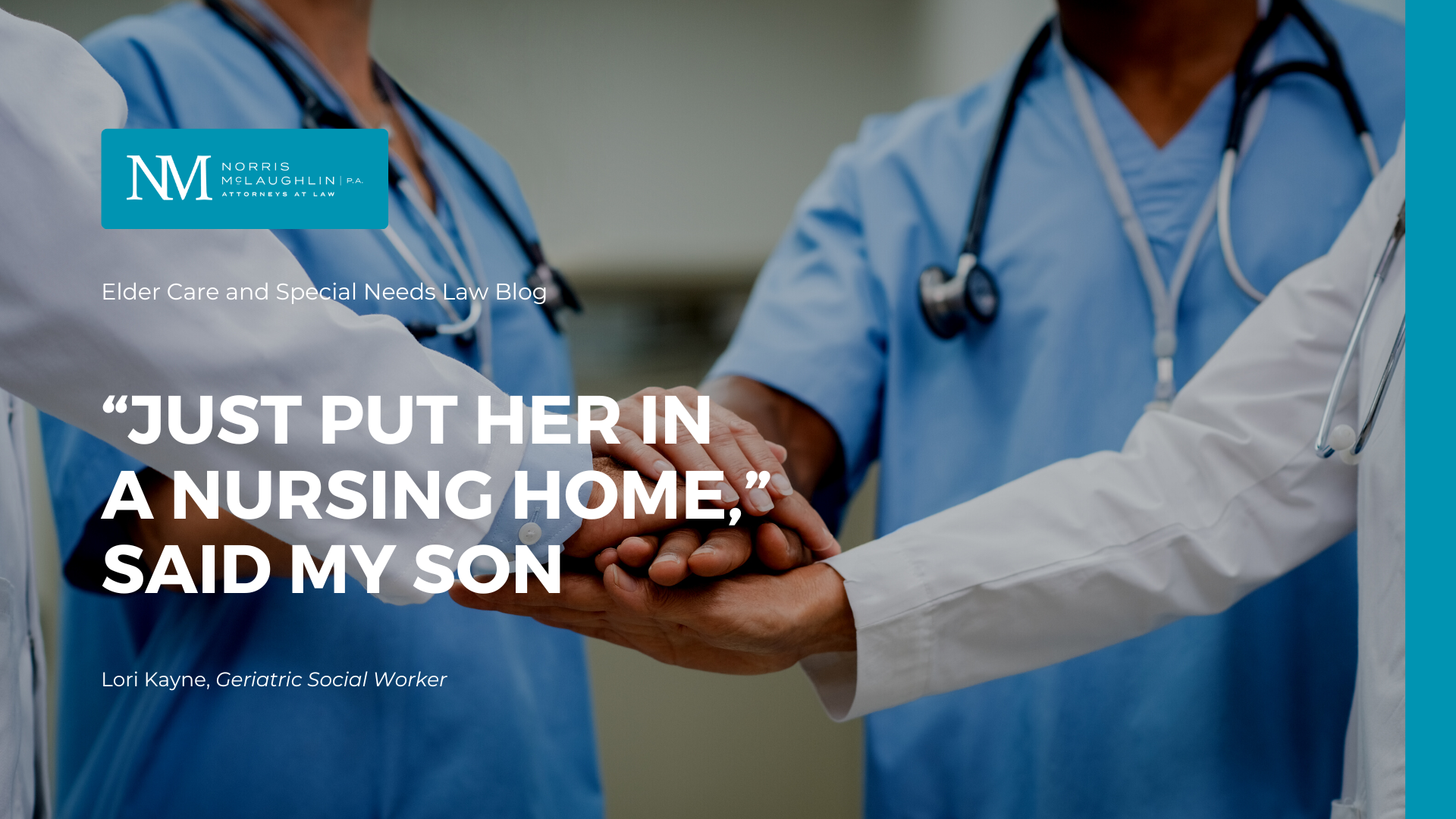New Federal Rules Implementing Out-of-Network Charges Issued

This week, I had two experiences, one in my practice and one in my personal life, that reiterated how challenging our health care system is. First, I had to tell a client that while I could get her 19-year-old son DDD services, there is nothing I could do to get him covered by Medicaid during the two-year waiting period for him to become Medicare eligible.* That evening, my husband told me that he found out our health plan has stopped providing out-of-network coverage.
Out-of-Network Charges
Unexpected health care costs, especially from out-of-network providers, are a major problem for many Americans. Two-thirds of all bankruptcies filed in the United States are tied to medical expenses. Many of these result from surprise out-of-network charges. Researchers estimate that one of every six emergency room visits and inpatient hospital stays involves care from at least one out-of-network provider, resulting in surprise medical bills.
At the end of last year, Congress passed the No Surprises Act as part of the Consolidated Appropriations Act. This month, the administration issued interim final rules to implement the Act, which is aimed at protecting consumers from surprise medical expenses. These bills arise when people unknowingly get care from providers that are outside of their health plan’s network, which can happen for both emergency and non-emergency care.
New Federal Rules
The new rules require that if a health insurance plan provides coverage for services in an emergency department of a hospital, the plan cannot require prior authorization, and must provide coverage for emergency services regardless of whether the provider is in or out of network. In addition, the plan may not impose any administrative requirement or limitation on benefits for out-of-network emergency services that is more restrictive than the requirements or limitations that apply to in-network emergency services.
The new rules also prohibit plans from charging consumers higher cost-sharing for out-of-network providers at in-network facilities. For instance, a patient who receives surgery at an in-network facility cannot be charged a high cost-share due to an out-of-network anesthesiologist. Therefore, at in-network facilities, patient costs cannot be higher than if such services were provided by an in-network doctor, and any coinsurance or deductible must be based on in-network provider rates.
The rules do provide for limited situations where a provider or facility can provide clear notice to patients regarding potential out-of-network care, and obtain the individual’s consent for that out-of-network care and extra costs. However, this limited exception does not apply when surprise bills are most likely to happen, for ancillary services, such as anesthesiology or radiology services, provided at an in-network facility. Providers of radiology, pathology, emergency, anesthesiology, diagnostic, and neonatal services; assistant surgeons, hospitalists, intensivists, as well as any provider offering services when no other in-network provider is available, cannot charge patients more as out-of-network providers even with notice and consent. The federal law also establishes an arbitration system for resolving billing disputes between out-of-network health care providers and insurers/carriers.
New Jersey Law
In New Jersey, consumers already had many of these protections. In 2018, Governor Murphy signed the Out-of-Network Consumer Protection, Transparency, Cost Containment and Accountability Act, which prohibits out-of-network providers and health care facilities in New Jersey from balance billing patients for emergency or urgent medically necessary services and for inadvertent out-of-network services in excess of the cost-sharing applicable to in-network services.
However, the New Jersey law applies to non-emergency services provided by an out-of-network provider at an in-network facility only if in-network services are unavailable at that facility. The federal protection will be greater when it goes into effect in January 2022. In addition, the New Jersey law and other, similar state laws do not apply to self-insured plans, while the federal law will. While the new law certainly does not address all the inequities of our health care system, it will protect many consumers from the financial devastation that surprise billing can cause.
If you have any questions about this post or any other elder law matters, please feel free to contact me at ssiegel@norris-law.com.
*An exception allows disability payments to be excluded for disabled individuals if they were on SSI and Medicaid prior to receiving benefits due to the death or retirement of their parent, but this individual was never on benefits until his father died prior to his reaching age 18. This small group of people referred to as non-DACs can receive DDD but not full Medicaid benefits.




